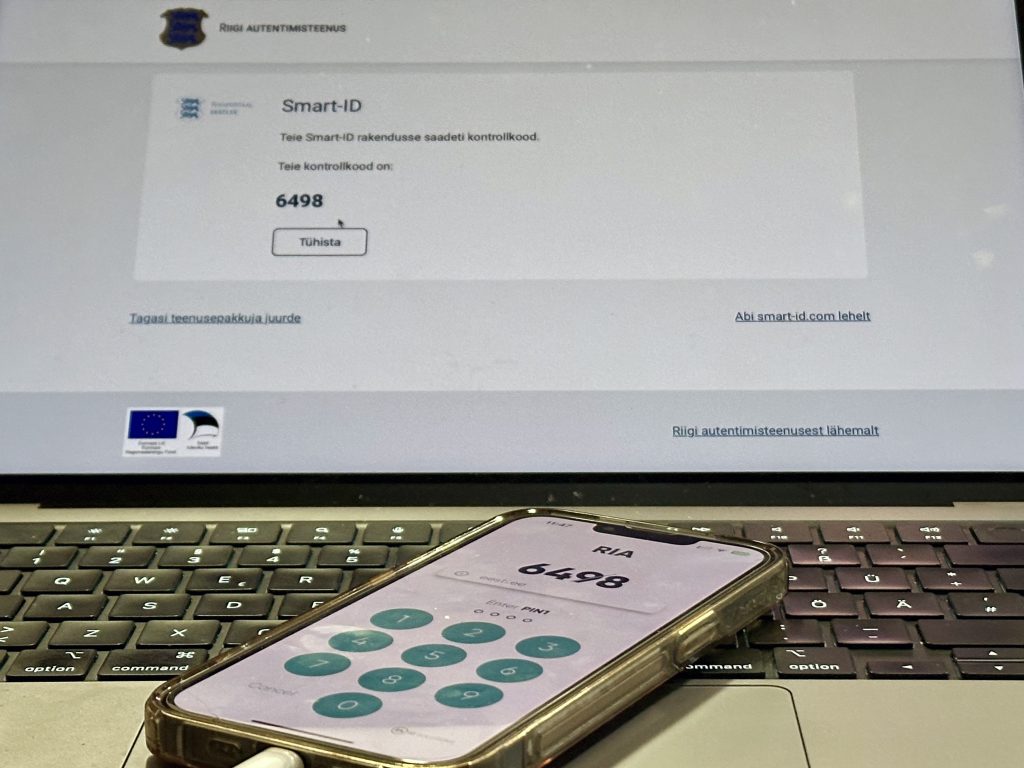Estonian e-government could develop much more efficiently if the government trusted business more
February 19, 2024

Perhaps we are one of these companies about which Estonian National Broadcasting writes that the idea of a government mobile application mRiik was shelved because “private sector companies have asked to close this project.” We carried out an analysis commissioned by the state, the results of which recommended that instead of creating a new application, we should improve the good old eesti.ee, including its mobile version. This would have cost less and would have allowed us to better decide on the further development of the project.
For context: e-government portal can be conveniently used on a mobile phone, without creating a separate application for this, but by “wrapping” the existing web portal into a mobile “shell”. This work requires significantly less effort and costs several times less than creating and maintaining separate applications for different mobile operating systems. Such recommendations are also contained in our analysis performed for the Information System Authority (RIA) back in 2021.
Minister of Economics and Communications Tiit Riisalo said that the 800 000 euros spent on the first version of the mRiik app were not wasted. However, if the government had listened to the businesses that, based on actual analyzes, recommended not to rush into creating a separate application, then the state could have “not waste” 10 times less. There will always be an option to create an application, but to test the product it would be more than enough to “wrap” the website into an application, test the result, and then plan the next steps. Both common sense and modern approaches to IT development suggest that one doesn’t need to spend a fortune to learn, for example, how to use scissors.
An article about the difficult fate of the mRiik shows that relations between the state and business can sometimes be ambiguous. The process as a whole is simple – if the state needs certain work, it publishes a tender, and the winning company carries out the ordered work. But if officials already have an interest in a specific result in advance, then any analysis can be “tailored” to the desired result, and then, based on it, they can launch a process that, in the end, will appear as “the wrong choice.” This is roughly the situation we are seeing now: having spent 800 000 euros, the state announces another tender for the creation of an application, now with an estimated cost of 200 000 euros. The total cost of the project will thus exceed a million euros, and it is not yet known what “valuable experience” we can gain with the next attempt to launch this application.
We believe in mobile apps. And, of course, we wish mRiik good luck, as this is truly a step forward in the development of our e-government. But if officials listened a little more to the private sector, the costs of each “step forward” would be several times lower. Perhaps then the teachers would not have to strike and the rescue teams would not have to be closed. However, this is a slightly different story.
Latest News

Aile Arro became new member of Krabu Tech's board
June 9, 2025
Since the beginning of June 2025, the current head of strategic projects, Aile Arro, has been joined the Management Board of Krabu Tech LLC.

Estonia’s Digital Business Card To Make Country More Visible
March 25, 2025
Krabu Grupp and Catapult Labs will be responsible for the development of Estonia’s official tourism information system, Visit Estonia, over the next four years.